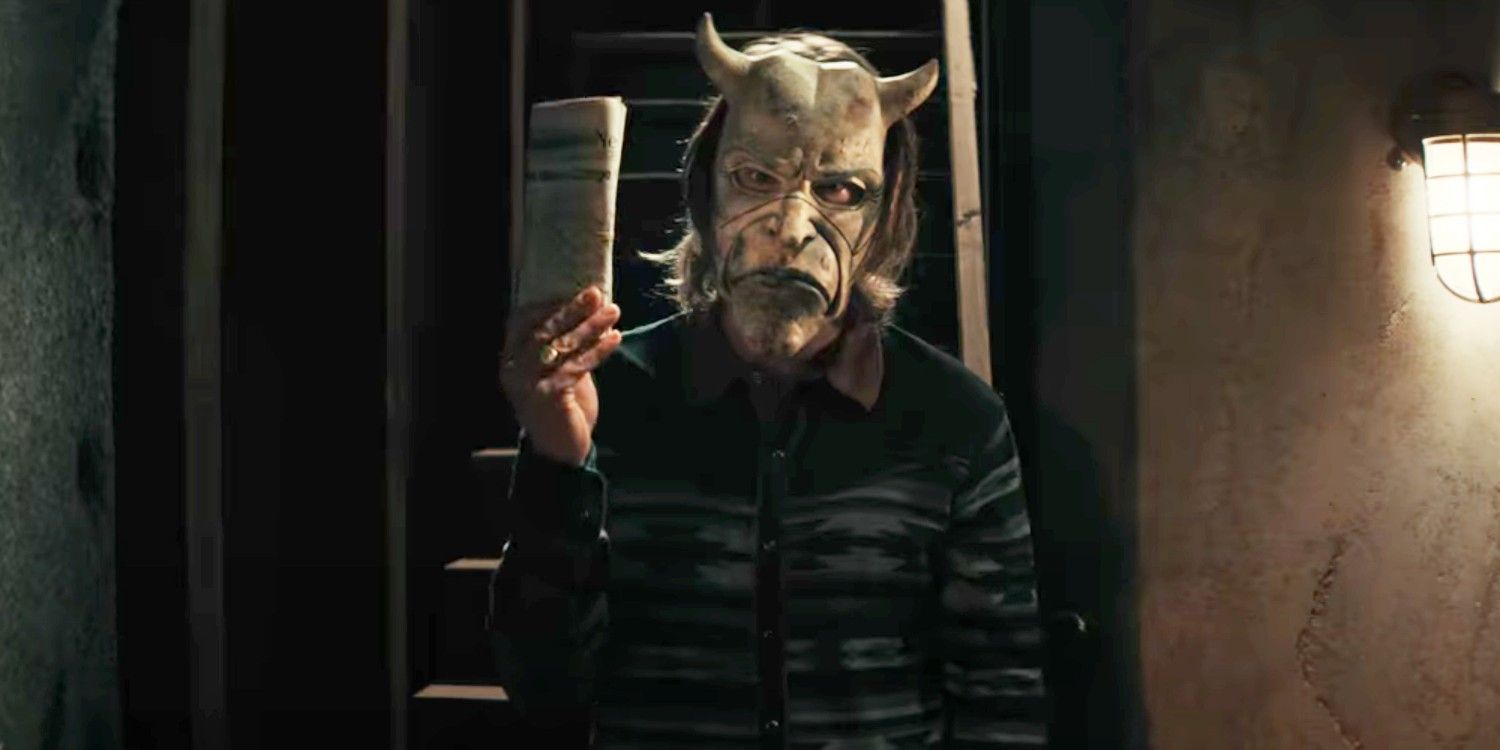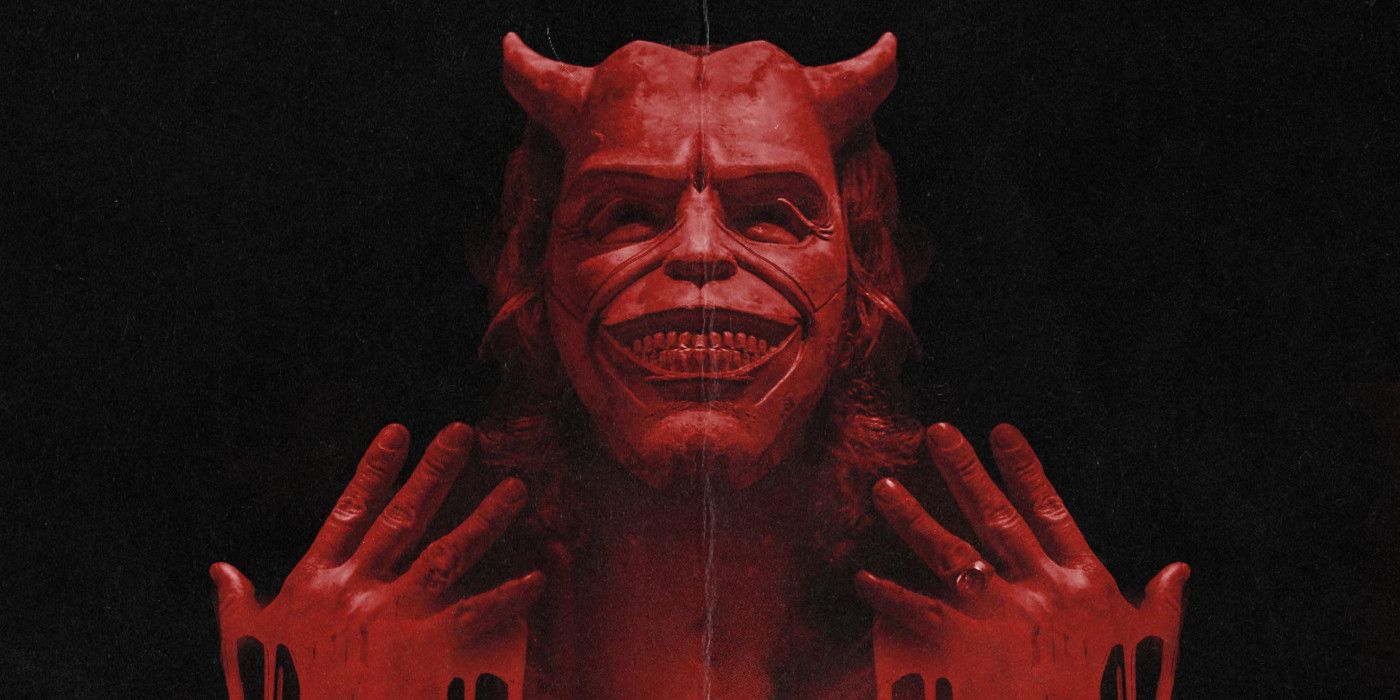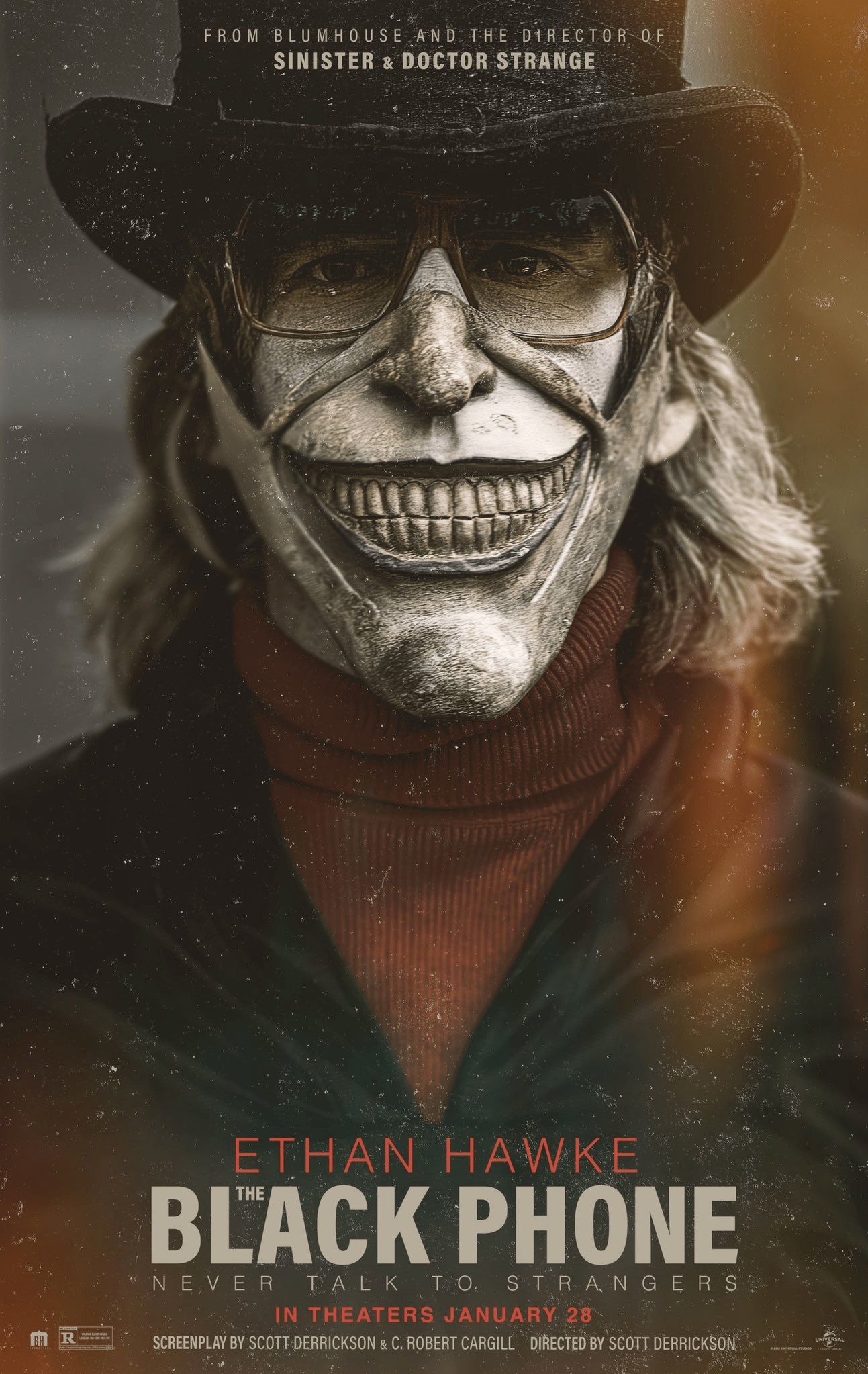Doctor Strange director Scott Derrickson makes a return to horror with The Black Phone, and he has the potential to improve upon the mistakes he made in his hit 2012 horror film Sinister. The new movie promises to disturb audiences with its story of Finney Shaw (Mason Thames), a 13-year-old boy who is abducted by a serial killer called The Grabber (Ethan Hawke). While trapped in a basement, the boy discovers he can hear the voices of The Grabber's past victims through a disconnected telephone.
The Black Phone reunites Derrickson with Ethan Hawke, who starred in Sinister. Often cited as one of the scariest movies of the 2010s, Sinister is terrifying in the way that it portrays real-life horrors, but ultimately it is bogged down by its supernatural payoff. After the reveal that the evil entity Bughuul is behind the murders Hawke's character is researching, the movie uses the horror trope of the protagonist calling on an expert for a history lesson about the villain. The mystery element of the story is deflated by a standard payoff and then is capped with another horror trope of one final "gotcha" scare before the credits roll.
With The Black Phone, Derrickson again mixes grounded horror with the supernatural, but he has the chance to combine the two more organically than he did in Sinister. Rather than have a muddled expository conclusion, like the ending of Sinister, The Black Phone could play more on the fear of the unknown and not give into the specifics of the supernatural elements. Sinister loses its sense of mystery when Bughuul appears, and this detracts from the real terror of what is found by Hawke's character within a stash of gruesome home movies in his attic. In The Black Phone, the surreal elements should complement, not overshadow, the realism of Shaw trying to escape from the child murderer.
The premise of Derrickson's The Black Phone, with its strange and mysterious phone calls from the dead, has the potential to go full supernatural like Sinister or keep the fantastical elements vaguer. If Derrickson aims to show progress as a filmmaker and learn from the problems of his past works, then the latter would be the better choice. Having the reasoning of the voices be left up to the viewers' imaginations would be more chilling than the explanation-heavy third act of Sinister, leaving more for the audience to be disturbed by and discuss.
Derrickson has shown to have a firm grasp on the horror genre and knows how to unsettle audiences with unforgettable imagery. With The Black Phone, he has the chance to prove he has perfected his craft. He has to move beyond using familiar horror tropes and capitalize on what made Sinister so memorable by taking more storytelling risks and being unafraid to leave some questions unanswered. He can take the realistic horror of a child murderer and inject supernatural elements less traditionally, learning from what doesn't quite work in his acclaimed Sinister.



